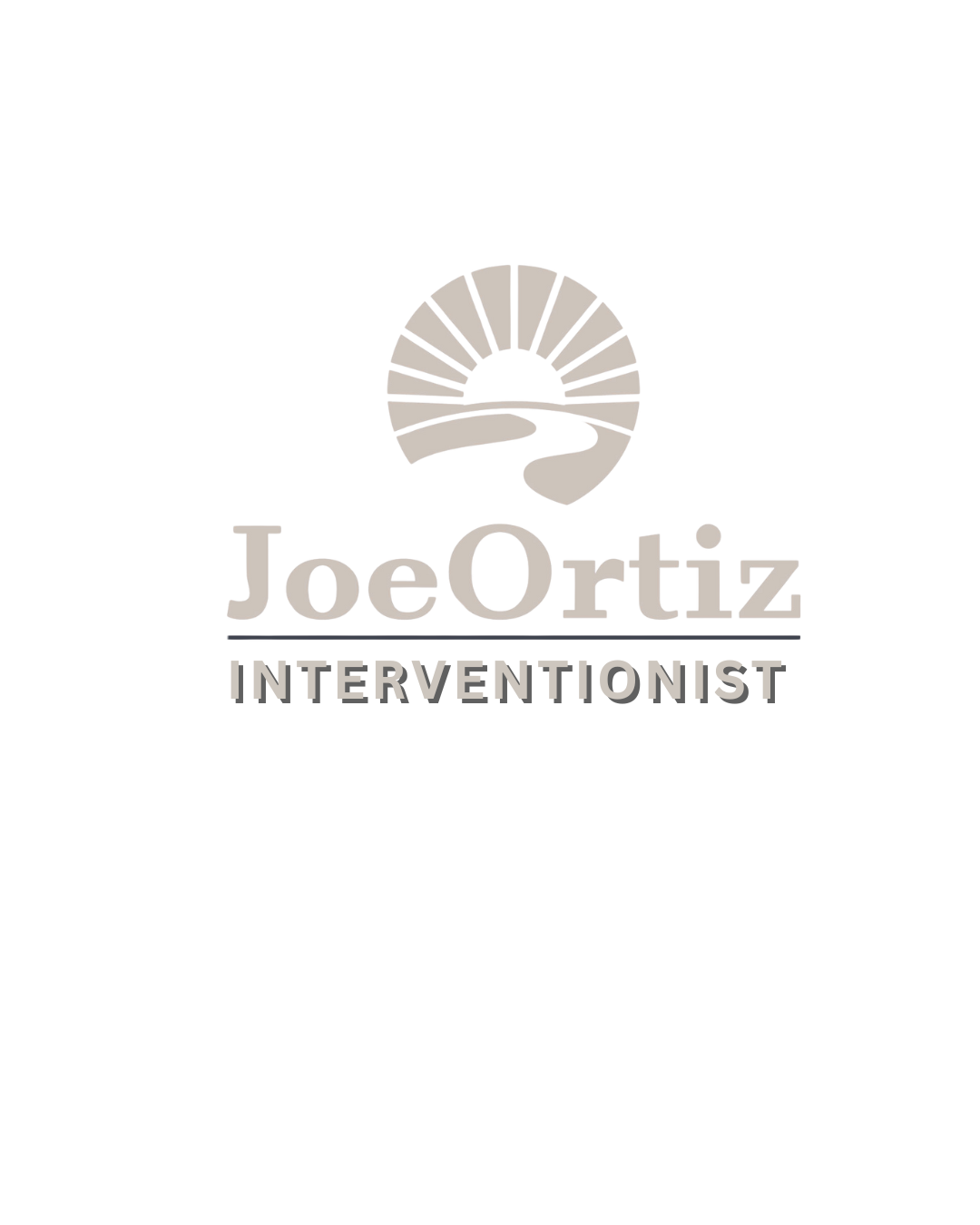Life After Intervention and Treatment: The Road to Long-Term Recovery

What Happens After The Intervention?
Interventions are a powerful first step in helping loved ones confront their addiction and enter treatment, but what happens after that? Many families and individuals wonder what to expect once the immediate crisis has passed. Recovery is a journey, not a destination, and post-treatment support is crucial to maintaining long-term sobriety. Here, I’ll explore what happens after the intervention and treatment and why ongoing care is key to a successful recovery.
The Transition from Treatment to Everyday Life
Once treatment is completed, the individual is often ready to return to daily life, but this can be one of the most challenging parts of recovery. In a treatment facility, the environment is structured and focused entirely on healing, but everyday life is full of triggers and stressors that can lead to relapse if not managed properly.
This transition period is when having a solid aftercare plan becomes essential. Aftercare involves ongoing support, whether through therapy, support groups like Alcoholics Anonymous (AA) or Narcotics Anonymous (NA), or even sober living environments. These resources provide structure, accountability, and a community of individuals who understand the challenges of staying sober in the real world.

Family Support: Healing Together

Recovery isn’t just about the individual—it’s about healing the entire family unit. Addiction often strains relationships, and it’s common for family members to carry their own trauma from watching a loved one struggle. After treatment, family therapy can help address underlying issues, improve communication, and rebuild trust.
As part of the recovery process, families are encouraged to educate themselves about addiction and learn how to support their loved ones in healthy ways. This includes setting boundaries, understanding triggers, and promoting an environment that fosters sobriety.
Avoiding Relapse: The Importance of Continued Care
Relapse is common in the recovery process, but it doesn’t mean failure. It’s a sign that more support may be needed. Relapse prevention involves understanding the warning signs and being proactive in addressing them before they escalate. This is where ongoing therapy and support groups play a critical role. Working with a therapist who specializes in addiction can help the individual identify their triggers and develop coping mechanisms to navigate them.
Sober companions or coaches can also be a great resource during this period, offering guidance, accountability, and a constant source of support.
Building a New Life
A key part of long-term recovery is creating a new, fulfilling life that doesn’t revolve around addiction. This may include finding new hobbies, developing a healthy routine, and surrounding oneself with positive influences. For many, rediscovering joy and purpose outside of their addiction is a transformative experience that helps them stay committed to their sobriety.
At Joe Ortiz Interventionist, I understand that recovery doesn’t end after treatment—it’s a lifelong journey. My goal is to provide not only the intervention that helps your loved one take the first step but also the support needed to continue moving forward. Whether it’s guiding families through the aftermath of an intervention or connecting individuals to the right aftercare resources, I’m here every step of the way.
For professional intervention services, contact me at joeortizinterventionist@gmail.
Joe Ortiz
Interventionist
Certified CRAFT Method
Certified Break-Free Method
Cell: 732-599-7817
